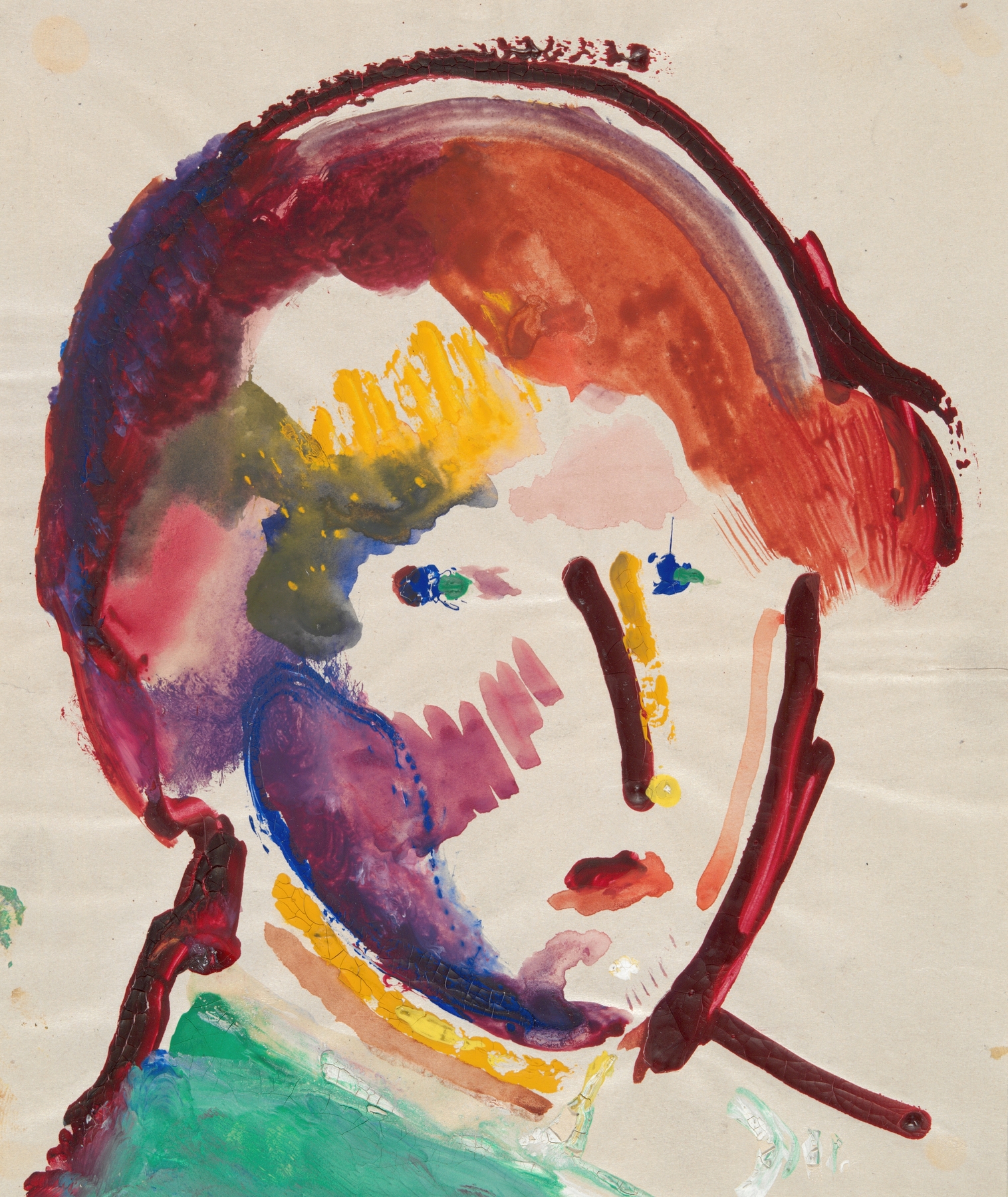Berlin Dispatch: Quiet
Translated by Alexander Wells

It’s summer — remember summer? — and we are sitting outside, drinking beer. We haven’t seen each other for a while, and we are right in the middle of the catch-up ritual: where have you been, what have you been up to, and who with. “Oh, by the way, I have ADHD too now,” I say, when nothing else occurs to me, because of course everybody has it these days, and because it’s all a bit unserious. To receive the all-illuminating diagnosis now, as an adult, practically at the end of my life, is also to see a grandiose wish come true: that I was right, something really is wrong with me, and these little capsules will make everything better again.
“Maybe, in a better world, you wouldn’t need Ritalin at all.” His words have stuck with me ever since. And yet the world already is perfect, I want to reply. The night hasn’t even got started yet, and I can feel the sun shining on my face, and the best of all possible worlds is right here on Hermannstraße. Then I start to suspect he might be right.
How can I explain that, on certain days, everything is simply stressful? That the intake of breath, the tapping of shoes on pavement, the drumming of fingers on a tabletop can be unbearable?
I don’t understand most things about ADHD, nor am I really interested in them. Things like why some deeply buried part of me feels as if I’m being chased by saber-tooth tigers, a horde of woolly mammoths, or prehistoric aliens — just because there are a couple of people eating popcorn in the cinema or because it’s a little too crowded and warm at the supermarket checkout. How can I explain that, on certain days, everything is simply stressful? That the intake of breath, the tapping of shoes on pavement, the drumming of fingers on a tabletop can be unbearable? “Overstimulated” is the term used on TikTok, and I always forget to ask my psychiatrist if it really exists. I would just say there’s a lot going on. I understand that things are better when less is happening, and I understand that quiet is good.
A few years ago, there was an initiative to play classical music in U-Bahn stations in order to help the passengers keep calm. A diabolical suggestion, because it clearly wasn’t about keeping anyone calm — it was about making life just that little bit more difficult for unhoused people. They probably ended up going with the “Relaxing Mozart” playlist. But I think a different choice of music might have been more truthful. Imagine: I’m on the way home from work and I’m standing on the platform, struggling to stay upright, and my train has been canceled, and now the next one is too, and suddenly some terrible aria from Der Freischütz thunders out across the platform. “Nein, länger trag‘ ich nicht die Qualen!” (No longer can I bear the torment!) I calm down immediately. And I wish the same for whoever’s idea this was.
It seems we can’t have any places where nothing happens. Cars honk — what are they always honking about? — while somebody shouts across the street, a beer bottle slips out of their hand, it shatters on the ground. Wherever quietness threatens to settle in, loudspeakers and video screens get installed. Commercials and Springer Press news clips play nonstop on the subway, and when I go to the supermarket, the supermarket radio yells at me to take another stick of butter. Can’t afford it, I shout back, and with that, there should finally be silence.
I’m suddenly beginning to find all this a little old. Is it a “boomer take” to say that Berlin isn’t quiet enough? Am I the furious pensioner in the quiet compartment? Am I the asshole because sometimes I just don’t want to be able to hear anyone? Perhaps — but that doesn’t bother me for now. It’s true that quiet doesn’t always have the best reputation. There is this authoritarian loneliness. The desire for quiet becomes an argument against children, against joy, against everything other than work.
Those evenings in the library when most people have already vanished and the quiet hovers so sublimely over the reading room that you hardly even dare to breathe.
But there exists another kind of quiet, as well. It is a quiet, not of solitude, but of communality. A quiet where people can come together. This is what I am dreaming of. Those evenings in the library when most people have already vanished and the quiet hovers so sublimely over the reading room that you hardly even dare to breathe. That moment after a concert, that one brief second when nobody dares to applaud yet so we all fade out together in the music’s final note. Those nights in the park — but that’s another story.
Now, on a February morning, the quiet is infinitely soft. Snow has fallen overnight. I am standing, amazed, in front of the balcony’s open door. I know that there are fewer cars on the street now, and that it is still very early; I know that ice crystals, with their very large surface area, cause sound waves to refract. Like a vast fluffy carpet being rolled out over Charlottenburg, the snow swallows up all those footsteps and voices and beer bottles slipping hands. How nice of it. I thank the snow, in silence, and I almost forget to pack my Ritalin.